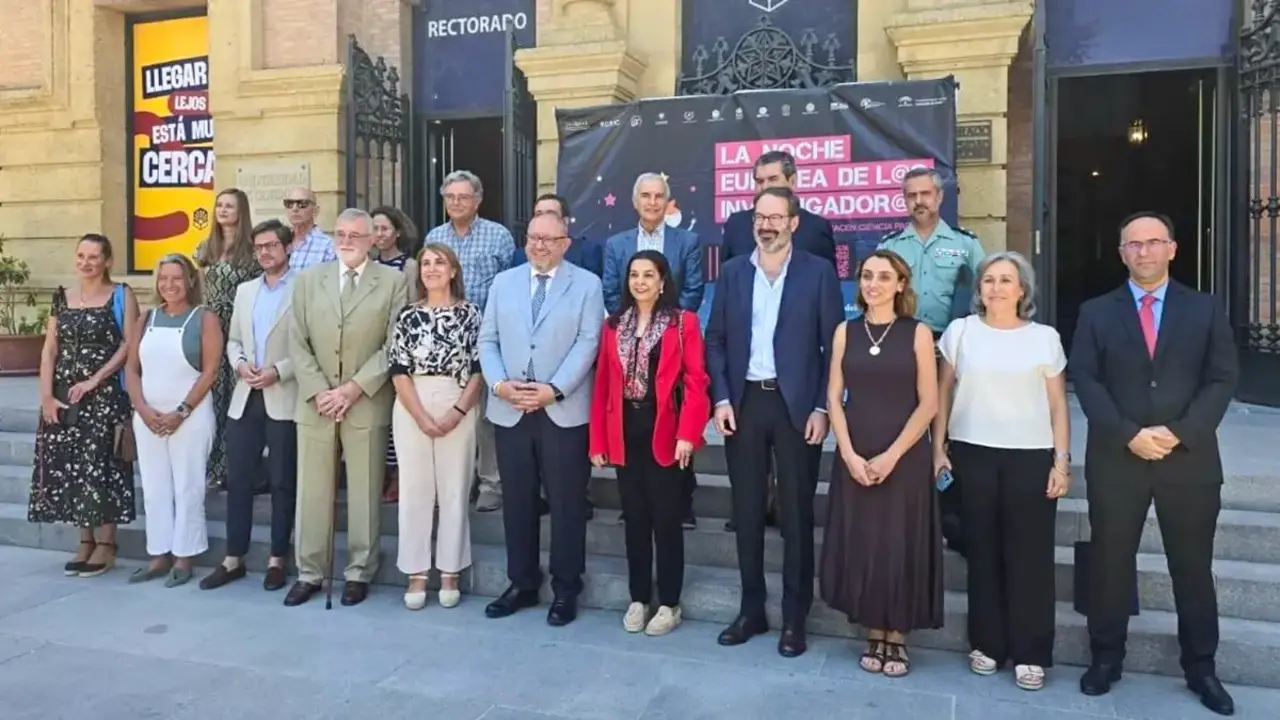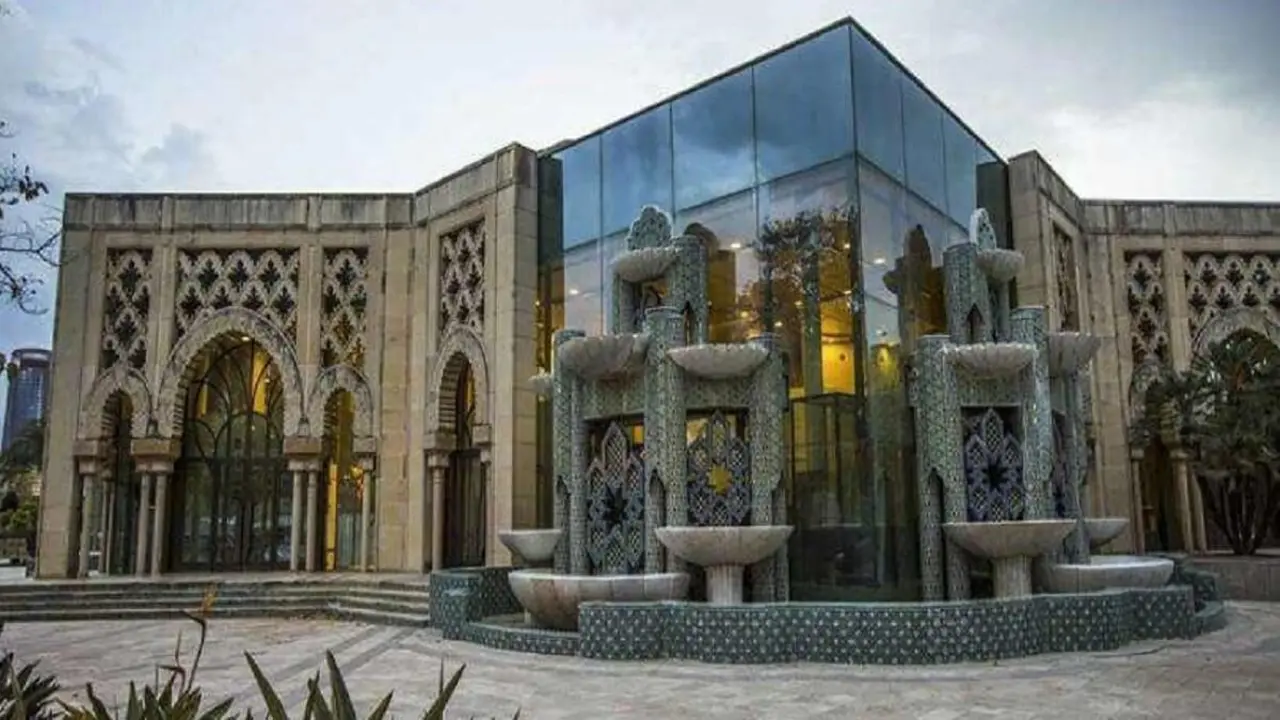Booksellers call for hybrid model, digital union and reduction of new releases

Almost 300 professionals held the 25th Bookshop Congress in Madrid, an event that immediately followed the recent Book Fair, and in which they debated the problems of the sector. These problems did not include the disappearance of the industry, as many predicted, but they did highlight the need for reforms to make books more attractive and to modernise the business.
Among the main proposals, there is a general consensus that the sales channel should be mixed (physical and online). Also, a commitment to the union of bookshops to increase the capacity to provide a competitive service and maintain an acceptable level of online sales. This is in terms of infrastructure. In terms of supply, a study of inefficiencies in the sector has been presented, which shows that the high number of new titles prevents books from remaining in bookshops for the average time needed to be sold, and that, therefore, there is no increase in the rotation of titles but, on the contrary, their return.
The Todostuslibros.com platform will have new utilities, according to its manager, Jesús Trueba: "We have seen that bookshops think they can compete individually in the digital world. With the pandemic, many people started selling online and, as there was an incredible increase in sales, partly due to the displacement of the fixed clientele from the shop to the virtual shop, they thought that this could be maintained, but the truth is that online trade tends more towards monopoly than physical trade. The idea is to propose an analysis of the platform's own sales data, which will make booksellers see that the union through Todostuslibros.com will give them many more advantages to compete than what they can do individually, especially when they have small budgets".

Enrique Pascual Pons, from the Marcial Pons bookshop in Madrid and president of the Bookshop Guild in the capital, sees it clearly: "In the new retail, the battle for value is being won by the global logistics and technology platforms. The salvation for many shops is therefore in evolving in the pyramid towards the value plus, which represents vectors such as identification, connection or social impact".
Pascual Pons believes that "a balance must be sought between the physical and the digital, hybridism; the integration of all channels in a unified platform that improves the consumer experience; a technology that brings together data, metrics and even profit and loss accounts, which makes it possible to extract information from customers, but also the conversation with them. The customer is looking for experiences and emotions.
In other words, any hybrid strategy must have three very solid vectors: physical bookshop space, skilled and motivated booksellers, and technology dedicated mainly to facilitating and amplifying the work of the first two.
Faced with the evidence that "the book industry has been dragging along serious inefficiencies for many years due to the excess of novelties, the life of books in bookshops is increasingly shorter, with the consequent returns". The consequence of all this is that the cultural, economic and environmental impact of this model is unacceptable and the energy crisis will force it to change.
Juan Miguel Salvador, from the Diógenes bookshop in Alcalá de Henares, has proposed a sector-wide pact that includes, among other measures, slowing down the pace, reducing the number of new titles (86% of titles sell less than 50 copies a year), promoting quality over quantity, setting a target for reducing returns, encouraging bookshops to manage well, rationalising transport and improving metadata.
The results of all these proposals will be seen in two years' time, when the next congress will be held in Pamplona. In any case, the pessimism of just a few years ago has given way to a certain realism, but which at least allows us to be confident that the book industry and those who make a living from its distribution and sale still have a long future ahead of them, provided that they know how to adapt and group together to become stronger.









